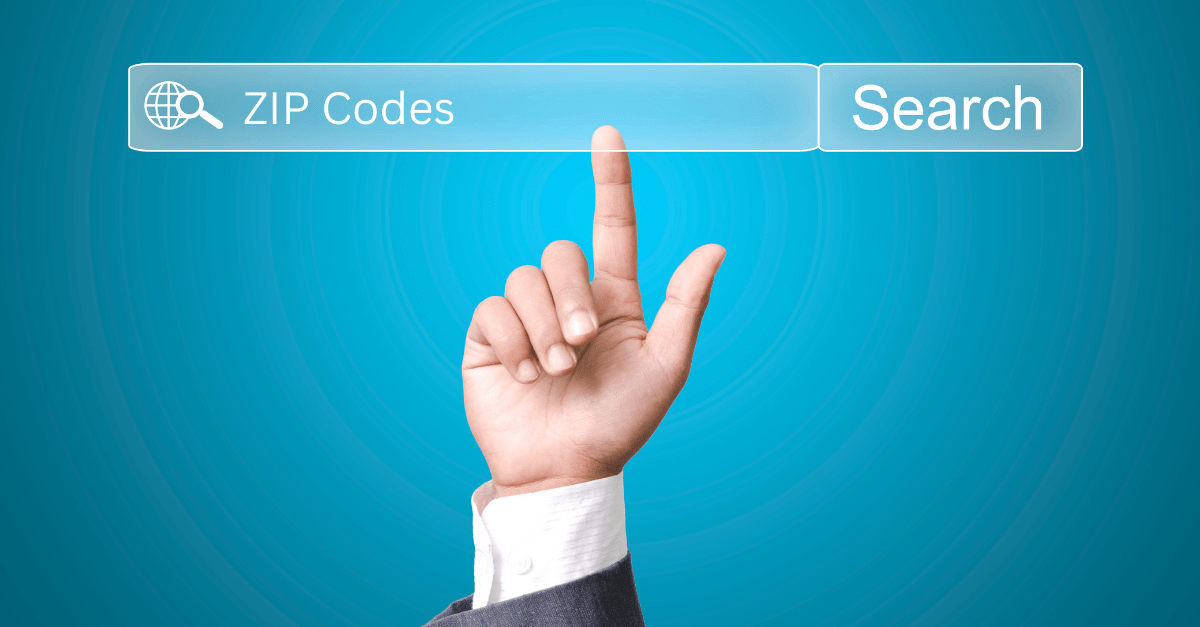Blog Information
- Posted By : licedi qaz
- Posted On : Nov 08, 2023
- Views : 105
- Category : General
- Description : US Zip Codes | Understand, and Use Them Online
Overview

In the United States, ZIP codes play a pivotal role in everyday life, from facilitating mail delivery to assisting businesses in targeting specific regions. Understanding how to find, interpret, and utilize ZIP codes online can be invaluable for various purposes. This article will guide you through the world of US zip codes, from their origins to practical applications in the digital age.
Structure of a ZIP Code
A standard ZIP code consists of five numerical digits, which are used to identify a particular location. However, extended ZIP codes, known as ZIP+4 codes, include an additional four digits, providing even more precise location information. For instance, a five-digit ZIP code may identify a city block, while a nine-digit ZIP+4 code can pinpoint a specific building or office within that block.
Understanding ZIP Code Geography
ZIP codes are more than just strings of numbers. They also have geographic significance, often corresponding to certain neighborhoods, cities, or regions. Understanding the layout of ZIP codes can be helpful in various scenarios:
Economic Research
Economists and researchers use ZIP code data to analyze regional economic trends and disparities. ZIP codes often serve as proxies for different areas' economic health and can provide valuable insights for policymakers.
Marketing and Targeting
Businesses leverage ZIP code data to tailor their marketing strategies. ZIP codes allow companies to target specific regions with advertising campaigns, promotions, and product distribution, increasing their chances of success.
Real Estate
When buying or renting property, ZIP codes can provide insights into neighborhoods' characteristics, including property values, school districts, crime rates, and more. Online real estate listings often include ZIP code information to help prospective buyers and renters make informed decisions.
Using ZIP Codes for E-commerce and Shipping
Online retailers depend on ZIP codes for accurate shipping and delivery. By collecting customer ZIP codes, e-commerce platforms can estimate shipping costs and delivery times. Additionally, they can use ZIP codes to determine tax rates and display location-specific product availability.
ZIP Codes and Emergency Services
ZIP codes are essential for emergency services, as they help first responders locate incidents quickly and efficiently. When someone dials 911, the call center uses the caller's ZIP code to dispatch the nearest police, fire, or medical response units.
Conclusion
US ZIP codes are more than just a sequence of numbers; they are the backbone of efficient mail delivery and play a significant role in various aspects of American life. With the proliferation of online tools and resources, finding and understanding ZIP codes has become easier than ever. Whether you are a business owner, researcher, or simply a curious individual, having a firm grasp of ZIP codes and their applications can be a valuable asset in the digital age. So, the next time you need to find or use a ZIP code, you'll know exactly where to turn online.
